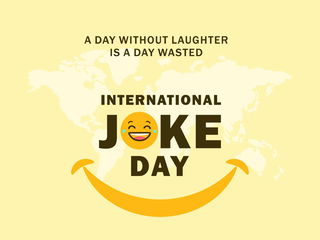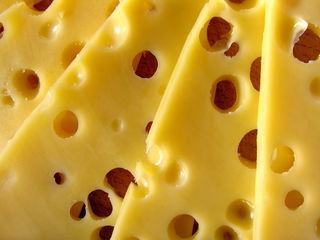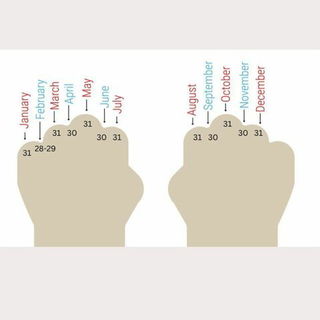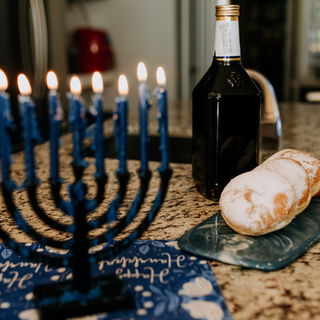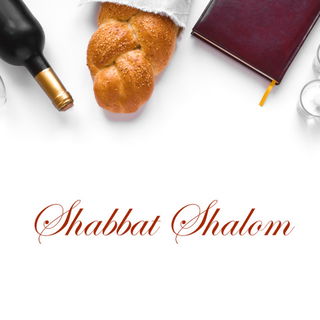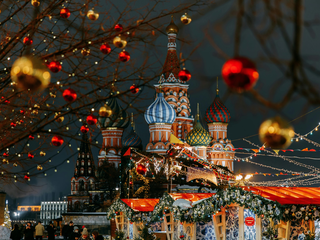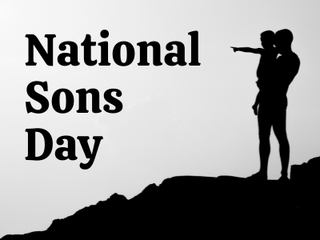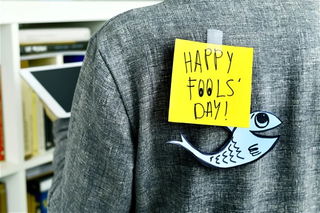- Calendar
- Calendar 2026
- March
- Passover
Passover
Passover 2024 will start on Monday, April 22 at sundown and end on Tuesday, April 30.
Passover, also known as Pesach in Hebrew, begins on the 15th of Nisan every year and lasts for seven-eight days. It is one of the largest and most sacred celebrations in Jewish tradition, as it commemorates the Israelites' Exodus from Egypt. Pesach in Hebrew begins on the Israelites' Exodus from Egypt.
The holiday focuses on the communal celebration of the Seder, which is the first of several unique rituals that take place during the week. While Passover is not a public holiday in North America or the UK, Jewish businesses may hold different working hours during the Passover week.
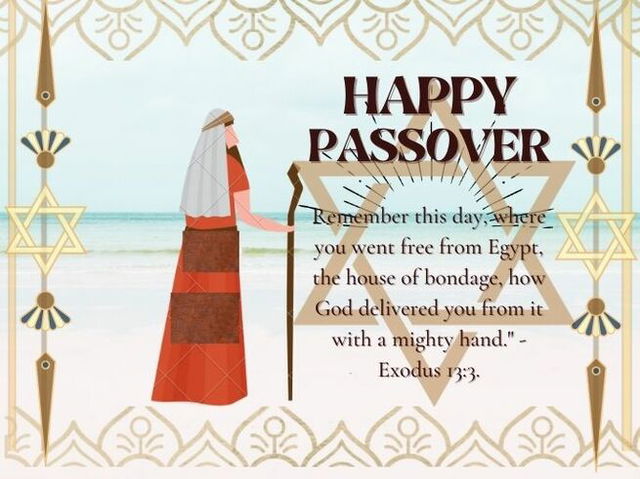
The History Of Passover
Passover has its origins in ancient spring celebrations that commemorated the first harvest and first lambs of the season.
For Jewish people, it is a celebration of the Israelites' escape from slavery in Egypt into freedom with the help of God.
Joseph, the founder of one of the tribes of Israel led his family to settle in Egypt due to a famine in Canaan.
While the first years of the settlement were peaceful, a growing Jewish population scared the Egyptians who, after Joseph's death, enslaved the Jewish people and drowned their firstborns in the river Nile.
Moses was one of the firstborns who was saved from drowning. He received a visit from the God Yahweh ordering him to go back to Egypt and release his fellow Hebrews.
Moses then traveled to Egypt to ask the pharaoh to grant the Jewish people three days to celebrate their feast, but the ruler denied all his requests from him.
As retaliation, God cast ten plagues on the Egyptians. These plagues were:
- turning water into blood,
- filling every territory with frogs,
- filled the land with swarms of lice or gnats,
- plague of flies throughout Egypt,
- death of all domestic animals,
- people of Egypt to breakout into gross boils all over,
- terrible hailstorm
- swarm of locusts
- cast a cloak of darkness all over Egypt
- every firstborn to die
However, for the last one, God instructed the Israelites to mark the doors to their homes with lamb's blood so that their firstborns would be “passed over”. Thus, the name Passover. Israelites to mark the doors to their homes with lamb's blood so that their firstborns would be “passed over”. Thus, the name Passover.
The Egyptians were scared of the plagues and allowed the Israelites to leave in freedom. The Jews, led by Moses, left Egypt quickly. Israelites to leave in freedom. The Jews, led by Moses, left Egypt quickly.
But, the Jewish people were ambushed by the Egyptian army as soon as they approached the Red Sea.
In a miraculous act, God then divided the sea so that Moses and his followers could cross it. He closed it as soon as they were through and safe, consequently drowning the Egyptians.
After 40 years in the Sinai desert, the Jews finally reached their home in Canaan, later named the Land of Israel.
Traditions Of Passover
Traditions are an important part of the celebration of Passover, these have been kept alive over thousands of years.
If possible
On the first night of the Passover, families gather to have this special dinner called Seder.
Seder is the most significant and main ritual of the Passover. It is a fancy, organized meal consisting of symbolic foods such as matzo, bitter herbs, lamb, and nuts. They also use the finest china for this.
The story of the Exodus is told through the book Haggadah. It also lays out the script for the meal of the Seder.
According to that book, the Seder is divided into 15 steps. One of them is drinking four cups of wine during the Seder.
Children have an influential part in the Seder and have the role of asking four questions during the meal about why this special night is different from other nights.
Chametz
Many Jewish families do a thorough spring-cleaning of their house before Passover. This is to ensure that they throw away any chametz (food produced from leftover grain) they have lying around.
As the Israelites had to leave Egypt in a hurry, they had no time to let their bread rise. Hence, it is forbidden by Jewish law to eat or possess any food containing leftover grains. .
Matzo
This tradition is what originated the eating of the Matzo.
Matzo is a flatbread made only from flour and water. The Matzo is eaten after dusk on the first night of the Passover, and again on the night after that.
Learn more about the Jewish Calendar .
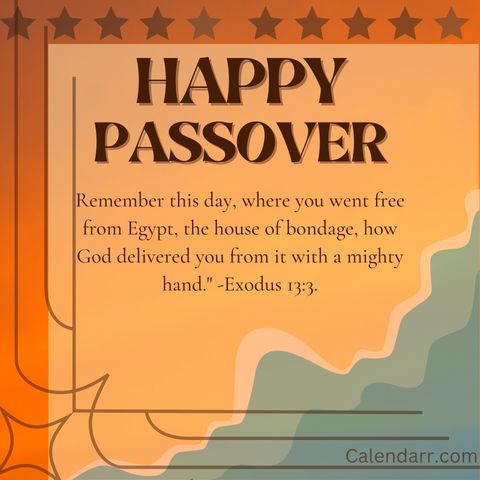
Other Celebrations
-
Nov 20 Thu
-
Apr 02 Thu
-
Apr 03 Fri
-
Apr 05 Sun
-
Apr 18 Sat
-
May 17 Sun

Passover - Next years
Wednesday, 07 April 2027
Sunday, 26 March 2028
Thursday, 15 March 2029

